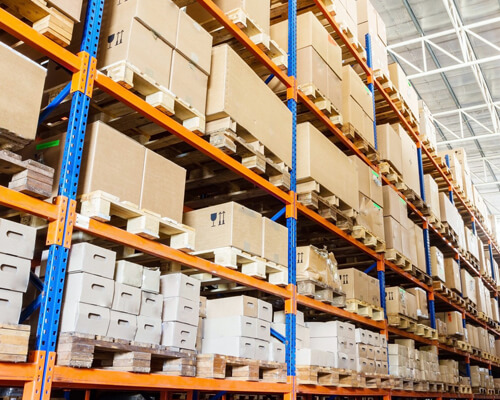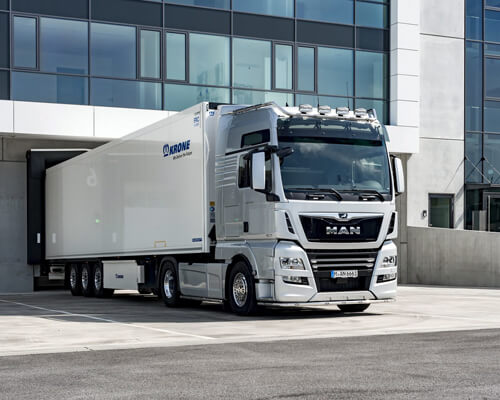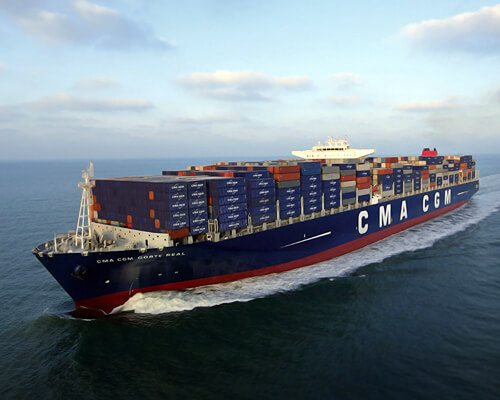- فارسی
- عربي
- English
?Methanol vs Ethanol: Which One Should You Import
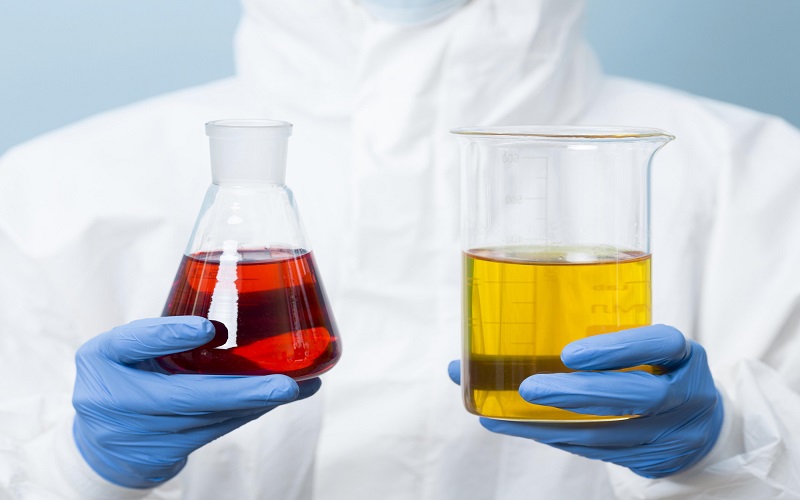
For industries that rely on alcohol-based chemicals, choosing between methanol and ethanol isn’t a simple matter of price. The decision can significantly impact safety protocols, product performance, regulatory compliance, and long-term operational costs. Both chemicals are widely used, yet they serve very different functions depending on the sector. If you're considering importing either methanol or ethanol, understanding their distinct characteristics and industrial applications is crucial.
This article breaks down the key differences between methanol and ethanol, helping you decide which one aligns best with your industrial needs. It also highlights why Iran is a reliable source for both chemicals and how working with a trusted supplier like MehradTrade can streamline your import process.
What Are Methanol and Ethanol?
At the molecular level, methanol (CH₃OH) and ethanol (C₂H₅OH) are both simple alcohols, but the additional carbon atom in ethanol gives it a different set of properties. Methanol, often referred to as wood alcohol, is typically derived from natural gas or coal through a synthetic process. Ethanol, on the other hand, is generally produced through the fermentation of biomass such as corn, sugarcane, or other plant materials.
The origin of each compound not only influences its cost and availability but also its environmental impact. Ethanol, when sourced from renewable feedstock, is considered more eco-friendly, while methanol production often relies on fossil fuels unless it's produced using green technologies.
Industrial Applications: Methanol vs. Ethanol
Although both methanol and ethanol are used as solvents and fuels, their specific applications vary widely across industries.
Ethanol is commonly used in:
- Pharmaceutical manufacturing, particularly as a solvent in liquid medications and disinfectants.
- Personal care and cosmetic products, including perfumes, lotions, and sanitizers.
- The food industry (in regulated forms), and as a key ingredient in beverages (though industrial-grade ethanol is denatured).
- The energy sector as a biofuel additive, known as bioethanol, to reduce emissions.
Methanol, on the other hand, finds use in:
- The production of formaldehyde, which is a precursor for plastics, paints, and adhesives.
- Antifreeze and windshield washer fluids in the automotive sector.
- Biodiesel production through transesterification processes.
- Solvents for industrial cleaning, coatings, and inks.
Your choice should be based on your end-use. If you're producing products meant for human contact or consumption, ethanol is the safer, more regulated choice. If your application is chemical-intensive, such as resin or fuel production, methanol might be more suitable.
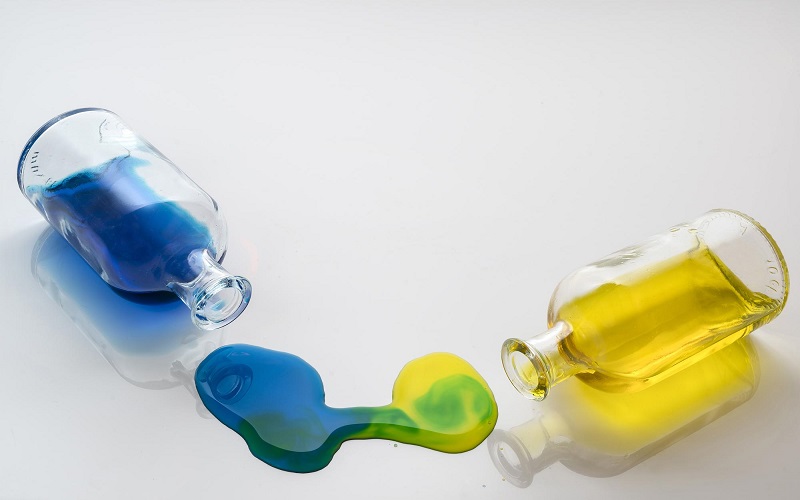
Safety and Handling Concerns Methanol vs. Ethanol
Safety is one of the most critical factors to consider when choosing between methanol and ethanol. Methanol is significantly more toxic than ethanol and requires stricter safety measures in storage and use. Even small amounts of methanol can be dangerous if inhaled or absorbed through the skin, making it hazardous for industries where human contact is frequent.
Ethanol is flammable but less toxic, and it is often chosen for industries like healthcare and beauty where exposure to the chemical is more likely. Because of its safer profile, ethanol also faces fewer restrictions during international transportation and customs clearance, depending on the region.
If you're importing for a facility that lacks the infrastructure to safely store and handle methanol — such as advanced ventilation, fire suppression systems, and employee training — ethanol may be the smarter choice in the long run, despite potentially higher costs.
Cost and Supply Considerations
Methanol generally has a lower base cost due to its production from inexpensive raw materials like natural gas. Ethanol, particularly when made from bio-based sources, tends to be more expensive due to higher processing and sourcing costs. However, these cost differences must be balanced against the additional expenses associated with storage, handling, safety equipment, and insurance — especially in the case of methanol.
Iran is one of the largest producers of both methanol and ethanol in the Middle East, offering consistent output, excellent infrastructure, and cost-effective supply chains. Whether you’re sourcing for small-scale or bulk industrial use, buying from Iran offers both price advantage and quality.
Which One Should You Import? Methanol vs. Ethanol
To determine whether methanol or ethanol is better for your operations, you need to evaluate your specific needs:
- Are you manufacturing products that will come into contact with people? Ethanol is safer and more widely accepted.
- Is your focus on chemical synthesis, fuel blending, or large-scale industrial processing? Methanol might deliver better performance and cost efficiency.
- Do you have the proper safety systems to handle a toxic, volatile substance like methanol?
- Is sustainability and eco-compliance a priority for your business? Bioethanol could support your green initiatives better than fossil-fuel-derived methanol.
Importers often find that using both chemicals for different stages of production is also a viable approach. For example, ethanol can be used in surface products, while methanol may serve behind-the-scenes in resin or fuel additive production.
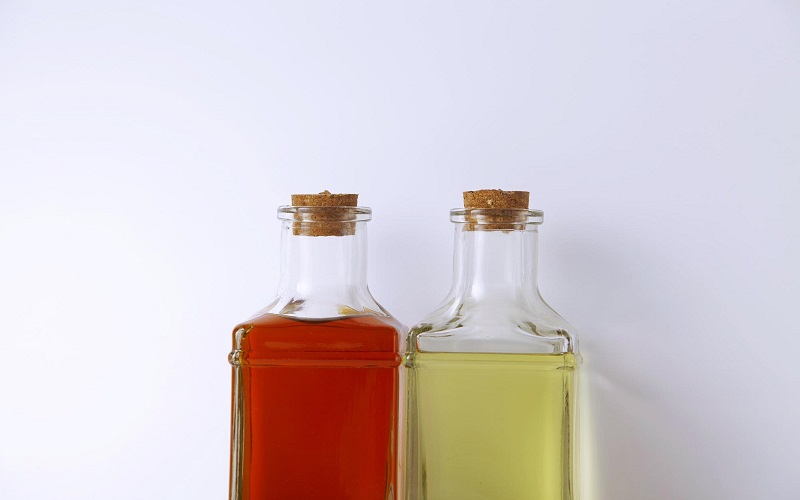
Why Import Methanol vs. Ethanol from Iran?
Iran’s natural gas reserves make it an optimal location for methanol production, while its agricultural sector and chemical expertise allow for competitive ethanol manufacturing. The country has built a solid reputation for producing high-quality industrial chemicals at prices significantly lower than many Western producers.
Iran's logistical infrastructure, particularly through the Persian Gulf, also facilitates global shipping. For businesses seeking bulk chemical imports in Asia, Europe, or Africa, Iran provides a strategic geographic advantage that lowers both time and transportation costs.
Work with a Trusted Supplier Like MehradTrade
MehradTrade is one of Iran’s leading exporters of industrial alcohols, offering methanol and ethanol in various grades for different industry requirements. Their services go beyond basic product sales — they provide:
- Expert consultation to determine which chemical suits your needs
- Export documentation and compliance with destination country regulations
- Safe, standardized packaging for sea and air transport
- Real-time updates on order status and shipment tracking
By working with MehradTrade, you eliminate many of the risks typically associated with international chemical imports. You gain a partner that understands both the technical and regulatory challenges, making your procurement process smoother and safer.
Final Thoughts Methanol vs. Ethanol
Choosing between methanol and ethanol is not just a matter of cost — it's about understanding your industry requirements, the safety protocols you can maintain, and the level of purity and performance you expect from the product. Methanol is ideal for heavy industrial and chemical applications but requires strict handling. Ethanol is safer, more versatile, and widely used in industries that prioritize human safety and sustainability.
Book a Consultation
Please enter your information to book a consultation.

